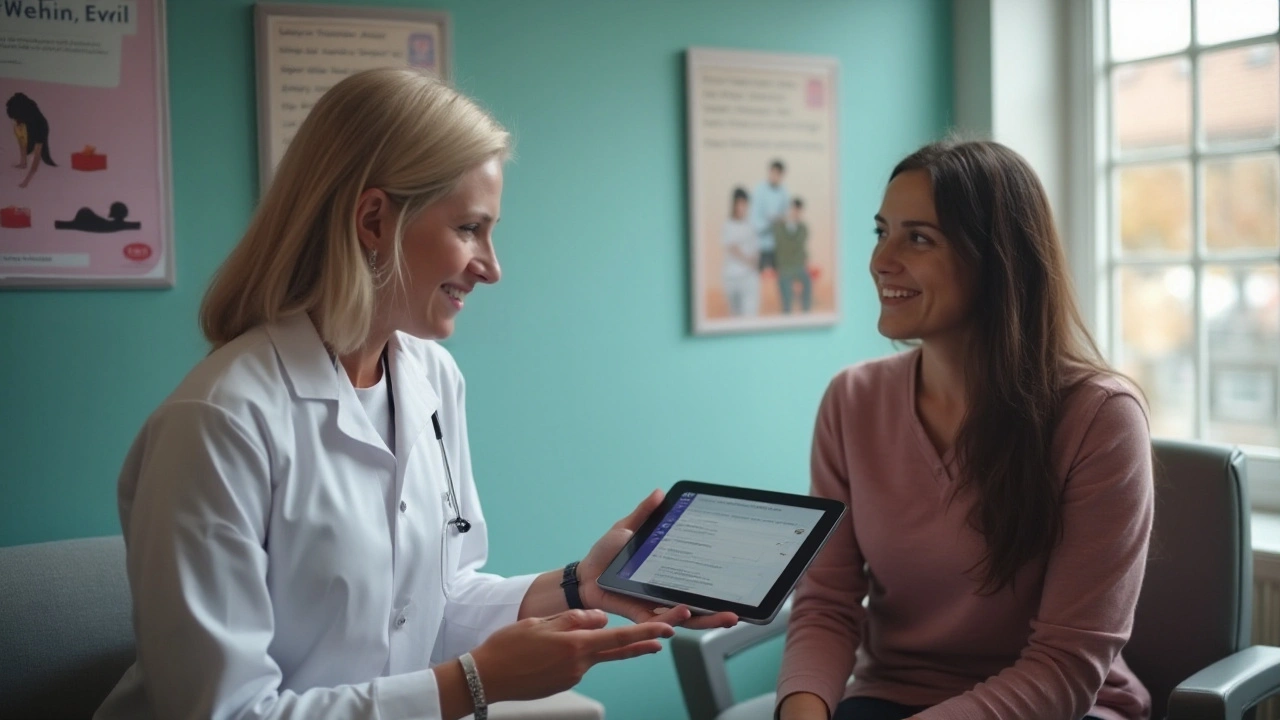Alcohol dependency: spot it, treat it, and stay safe
Alcohol dependency doesn’t always look dramatic. You might be drinking more to cope, missing work, or hiding bottles — and telling yourself it’s not a problem. The key is spotting patterns early and taking simple steps so health, relationships, and safety don’t get worse.
Recognize the signs
Watch for tolerance (needing more to feel the same), withdrawal symptoms when you cut back (shakes, anxiety, sweating), failed promises to drink less, and giving up things you used to enjoy. Mood swings, sleep trouble, and risky behavior when drinking are red flags too. If drinking affects your job, family, or health, it’s time to act.
Practical next steps
If you want to cut down or quit, start with a clear, small plan: set a short goal (like one alcohol-free week), remove easy access to alcohol at home, and tell one trusted person so you’re not alone. Replace drinking times with a walk, phone call, or hobby. Track progress and be honest about setbacks — they’re part of the process, not proof you failed.
Medication can help. Three commonly used options are naltrexone (lowers cravings), acamprosate (helps keep you sober), and disulfiram (causes unpleasant effects if you drink). These aren’t magic fixes — they work best with counseling or peer support. Talk to a doctor or pharmacist about which, if any, fits your situation.
Be careful with interactions. Alcohol plus benzodiazepines or opioids can dangerously slow breathing. Metronidazole and certain other drugs can cause a severe reaction with alcohol. Always check with a pharmacist before mixing alcohol with prescription or over-the-counter meds.
Withdrawal can be risky. Mild withdrawal feels like anxiety and shaking, but severe withdrawal can cause seizures, confusion, or delirium tremens — which need urgent medical care. If you ever experience severe tremors, fever, confusion, or a seizure after stopping alcohol, call emergency services right away.
Find help that fits you. Peer groups like AA or SMART Recovery, counseling, and online support can make a huge difference. Medication-assisted treatment is widely used and effective for many people. If cost or access is a worry, ask your local clinic, community health center, or pharmacy team about low-cost options and referrals.
If you’re unsure where to start, ask your pharmacist or family doctor for a quick, private chat. We can review meds, point out dangerous combinations, and suggest local services. You don’t have to go it alone.
Want more: check our site for articles on addiction recovery and medication safety, or contact our team for practical, nonjudgmental advice tailored to your needs.

